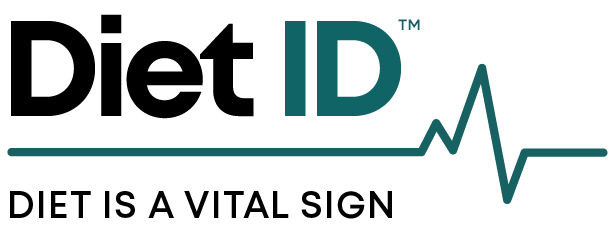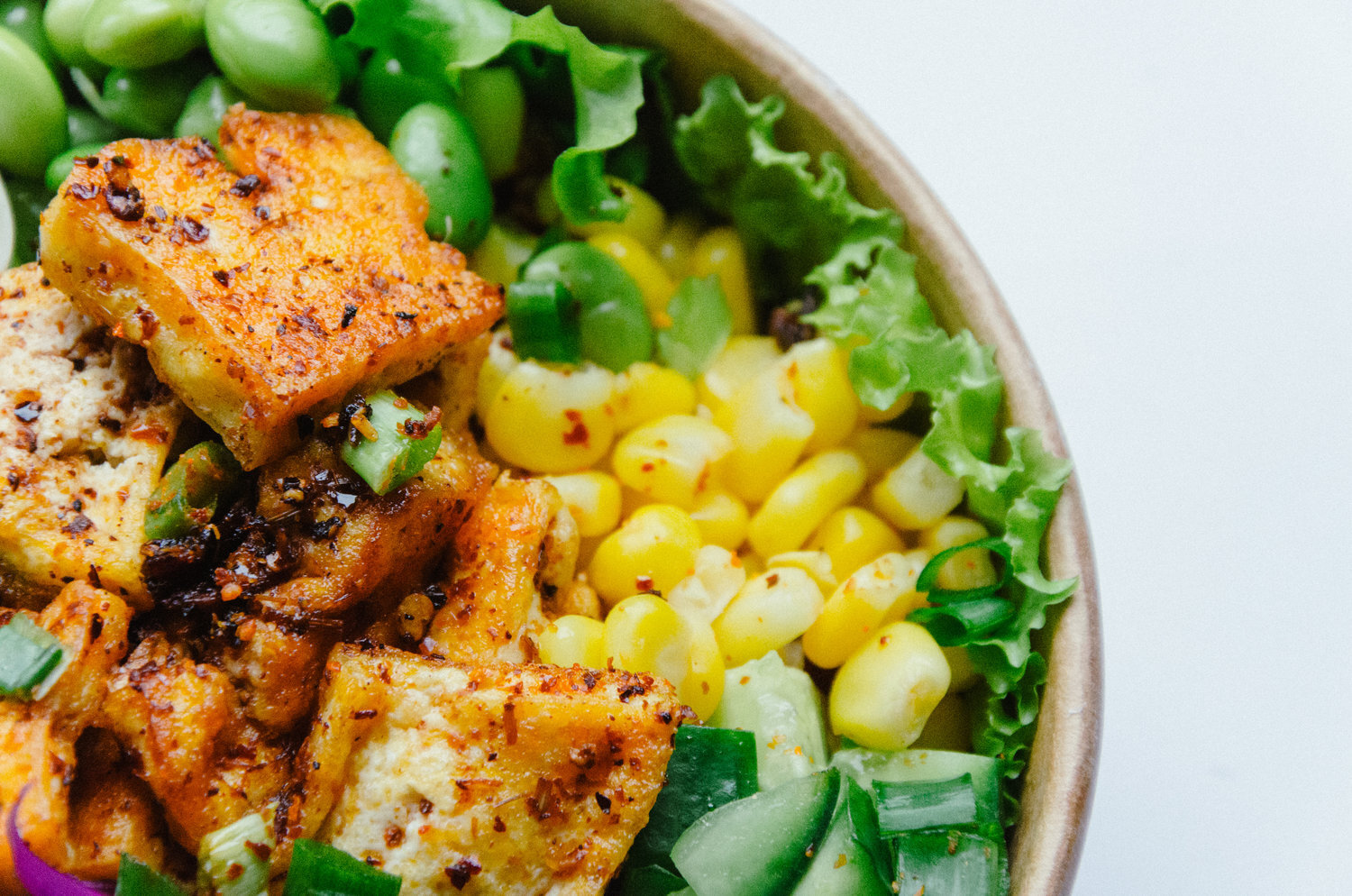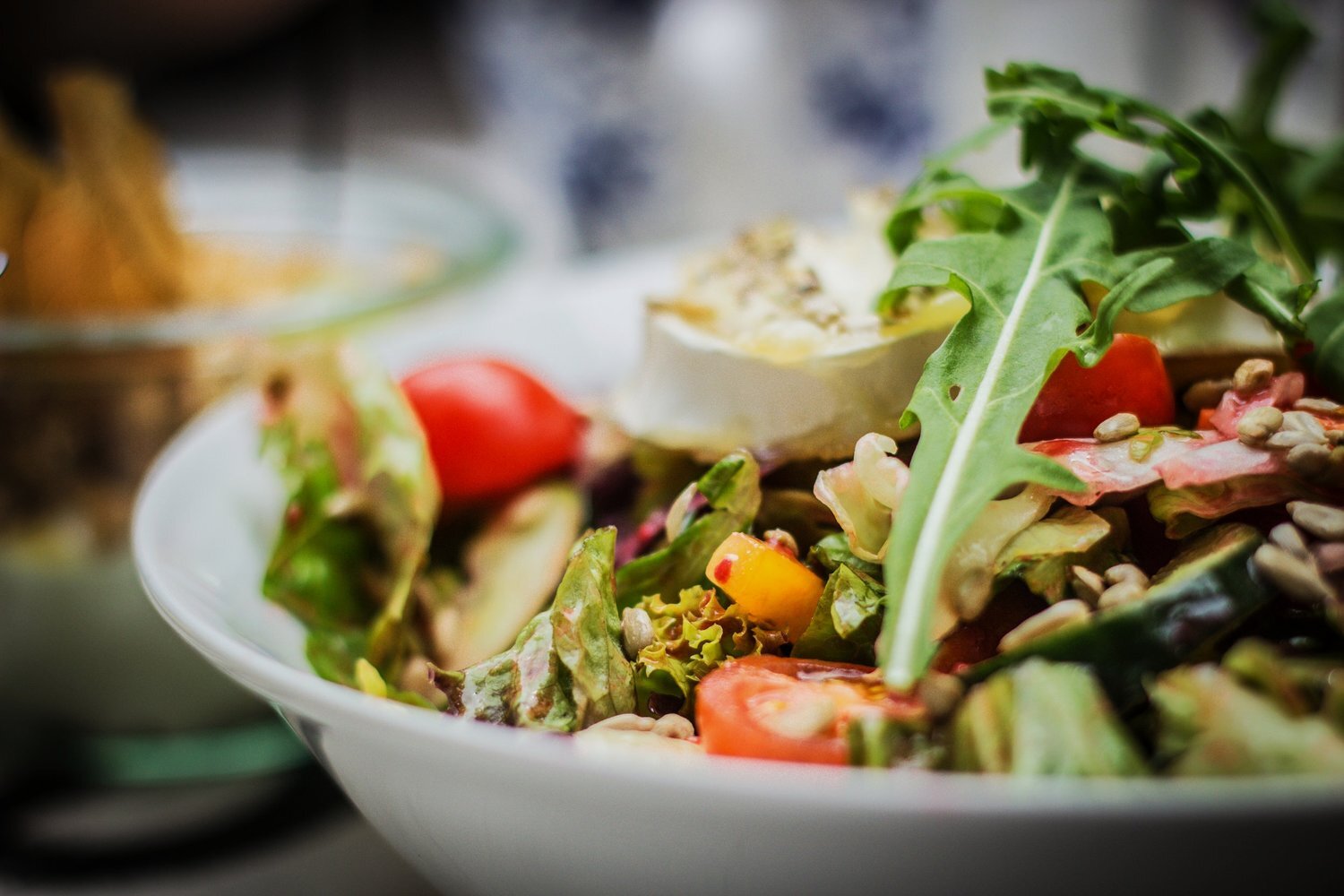Very, very unlikely.
If you’re getting enough energy (calories) from a variety of foods, your protein needs are already taken care of. Any nutritional imbalances are more likely about a shortage of phytonutrients (the protective components in vegetables, fruits, whole grains, beans, and nuts) and excessive refined carbs and processed fats.
The leading causes of death and disease are not about protein undernourishment. Healthy, active people need about 0.4 grams of protein per pound of body weight daily. For a 150-pound person, that’s about 60 grams per day, but the average American adult gets over 100 grams per day.
That said, we all still need good quality protein, of course — proteins from food build our body tissues, boost energy, curb appetite, and burn fat. Everyone knows that meat (including poultry, fish, etc.) is a source of protein. But it has no protective fiber or antioxidants, is not the most environmentally responsible choice, and has a short shelf life both before and after cooking. Plus it can quickly get boring – how much chicken can a person eat?
Of course, we don’t require meat for protein or anything else, as billions of vegetarians around the world have proven. So think outside the box and get your protein from the healthiest sources in the world.
(For comparison, a 3-oz chicken breast [measured raw] contains around 19 grams of protein.)
Tofu, firm (1/2 cup): 20 grams of protein
Tofu on its own is bland, but it picks up the flavors of whatever you cook it with, and is available in a slew of textures. Sauté it, stir fry it, scramble it like eggs, substitute in recipes that call for meat. You can even blend it up into smoothies, puddings, and pie fillings.
Lentils, boiled (1 cup): 18 grams of protein
Lentils are chewy and nutty tasting, but with a more mild flavor than beans. Make a big batch of lentil soup to freeze and eat whenever you need a light but satisfying, healthy, fiber-packed meal. Red lentils are mildly pleasant and cook up super-fast.
Tempeh (1/2 cup): 16 grams of protein
Tempeh, a fermented soybean product, is packed full of protein but it's an acquired taste. Chewy and mild-tasting, it’s really good as a burger or fried up and tossed with onions, peppers, and your favorite BBQ sauce or sriracha.
Black beans, boiled (1 cup): 15 grams of protein
Pour beans on salads, into soups and chilis, in burritos, over rice with salsa, or mash them with a little oil and spices for a healthy bean dip.
Chickpeas, boiled (1 cup): 15 grams of protein
Add them anywhere you'd add beans, or roast them on a baking sheet for 3 hours at 300 degrees for a crunchy snack. Of course, in a blender with some sesame tahini, lemon, and garlic, you’ve got amazing hummus.
Quinoa, cooked (1 cup): 11 grams of protein
Pronounced KEEN-wa, quinoa is a quick cooking, gluten-free, mild-tasting whole grain that doubles as a protein. You can enjoy it warm, but cold quinoa salads are delicious and extremely filling. Try them with finely chopped veggies and lots of fresh lemon juice.
Peanut butter (2 tablespoons): 8 grams of protein
Heavy on fat and calories as well as protein, nut butters are perfect in a pinch, just watch those serving sizes!
Spinach, boiled (1 cup): 5.5 g of protein
One serving of spinach only has 35 calories so you can add handfuls to all your meals and watch your protein grams add up. In fact, greens in general have about as much protein as meat, calorie for calorie. Throw in smoothies, in sautes, salads, on sammies- keep a big bag on hand and add it into every meal. Greens are so good for you.
Hemp Seeds (1 ounce): 6 grams of protein
These little golden nuggets are loaded with protein along with omega-3 fatty acids. They can be added to almost any meal with ease, just sprinkle it over cereals, salads, and grain dishes.
Green Peas (1 cup): 8 grams of protein
A serving of green peas contains as much protein as single serving of peanut butter without all the fat and calories. It also has nearly 100% of your daily vitamin C and tons of fiber. Eat them as a side, in salads, or mashed up as a way to extend your favorite guacamole, with fewer calories and more fiber!
Pumpkin Seeds (1 ounce): 9 grams of protein
Skip the pumpkin lattes and go for the seeds. Roast them yourself or find them premade at the store. Packed with trace minerals and fiber, they are a great grab and go snack, or add them to salads or your morning oats.















